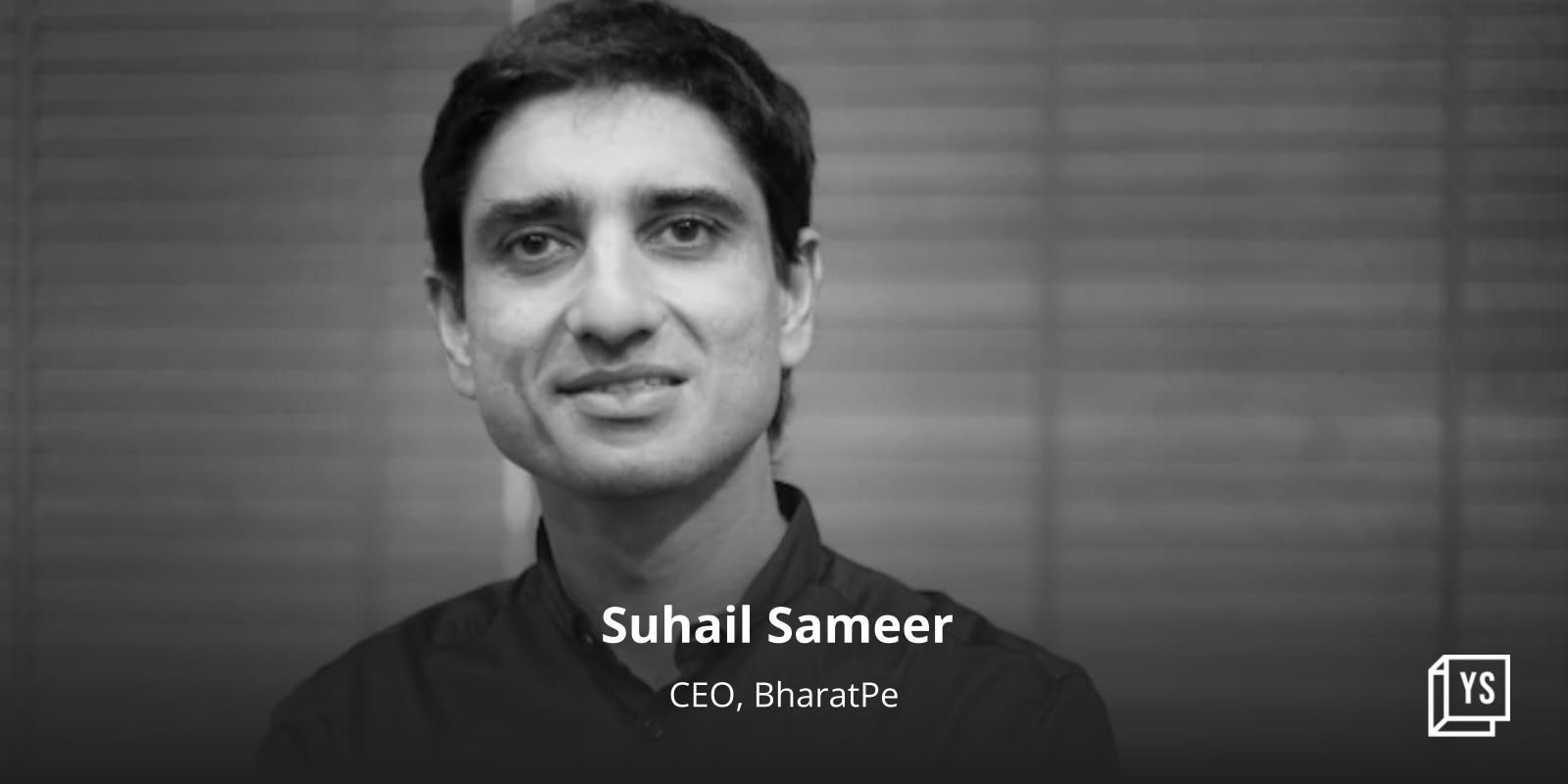Beyond memes and political opinions: a beginners’ guide to using social media to land jobs
I started getting active on social media at the turn of the millennium – blogs were a big thing then. And before I knew it, I was spending the last five minutes before agency pitch meetings looking up potential clients on Twitter and LinkedIn, or making sure that the job candidate was fit for a communications role based on how well-informed, authentic, and balanced they were on social media and whether they knew how to use it as a media platform or not.

Image credits: www.creativecommons.com
I have heard many rants about recruiters skimming through social media handles. I don’t understand the argument. You are putting yourself out there and recruiters have access to the same resources you do to look up potential employers. Of course you will be looked up too!
According to the Aon Hewitt People Matters Study 2016, leveraging social networks for sourcing active and passive talent (43%) and communicating the employer brand effectively (29%) are the top two recruitment priorities. So the good news is that these are exactly the same platforms that can help you land the right jobs in the new age that goes well beyond the era of possible nepotism and forced wining and dining in the name of networking. Social media has the potential to help you avoid the competition of cluttered job listings and lets you connect directly with recruiters and hiring managers. It is all about how you use the platforms to your advantage.
Complete your profiles
Many of us signed up on LinkedIn on a boring Friday afternoon, some fields filled, some left blank, designations haphazardly updated in the headline but without reflecting in the body of your profile. Sometimes there are unexplained gaps in career timelines, and Twitter may still have weird egg shapes for the display picture but a lot of strongly worded opinions that follow. Incomplete profiles don’t go down too well with recruiters. In our glorious talent-first economy, recruiters are looking for reasons to hire you – give them some.
Be consistent
Your resume should match your LinkedIn profile to the T and the things you say on social networks should not contradict each other. Inconsistencies in your profiles can make the recruiter doubt your profile even before the first meeting.
Keep it clean
Nobody wants to hire an internet troll – they can’t be easy to work with. And these days, it is easy to fall in the trap, with the amount of political and religious rage doing the rounds. It is always all right to express an opinion, but how you deliver it has the potential to make or break your career. Pick your battles wisely and criticise when you have to, but don’t troll.
Language makes or breaks your first impression
Even for the cool new generation of digital natives, language is important when it comes to getting noticed by recruiters. This is especially important if you are in the business of communication. Proper spellings, grammar, and diction are important if you want to come across as the person your resume says you are. Remember – you want to come across cool, never ‘kewl’.
Connect freely and openly
If you want your social media to be a tool for business networking and job or consulting opportunities, you should accept connection and follow requests from real people. You never know when a connection notices your travel stories on Instagram and hires you to consult for a travel startup (true story) or sees your well-informed opinions on influencer marketing on Twitter and offers a role that needs someone with those opinions.
Speak like your industry but do it well
What we dismissed as jargons a few years ago are now suddenly search keywords. But nothing is more putting off than a jargon-laden piece of writing that is not contextual. Use accurate terminologies and industry keywords but only when it makes sense.
Your email address does not need to be ‘cute’
We all have that one embarrassing email address that we made in the ‘90s. Hopefully, we have moved on from there. A personal email address that reflects your name as closely as possible is the only right way to do email addresses.
Put your (own) opinions out there
Every professional platform, especially LinkedIn, allows you to string together your informed opinions to form a coherent article. Use these platforms to your advantage. They let you speak to prospective clients and hiring managers even before you get face-to-face time with them. The thumb rule to follow here is authenticity and original content. No matter how much you copyscape-proof your writing, smart hiring managers will find out one way or the other.
Like most other things in life, that great job you really want is also just a few clicks away. Just make sure that the rock star you are in your personal and professional lives reflects accurately on your social media handles. The right connection is always just around the corner!











